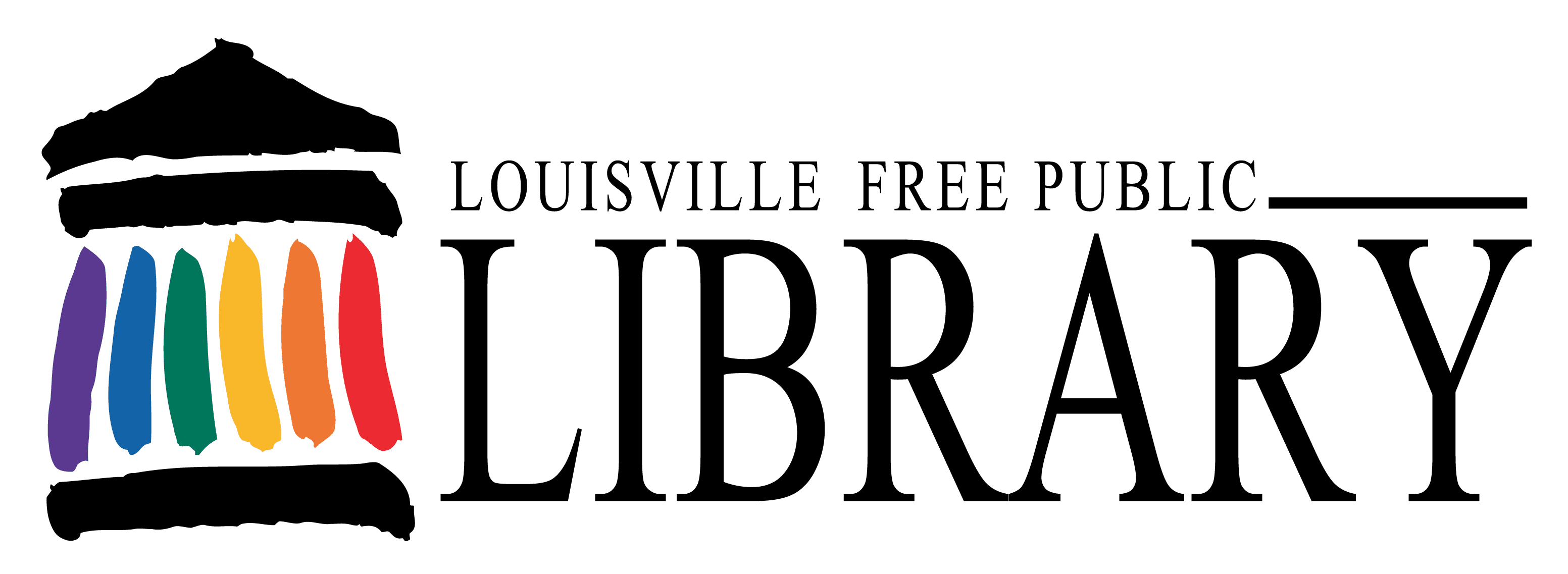The North American Indian has a Greater Opportunity for Development than the Afro-American.
The Affirmative. The Afro-American Is Denied:
- Denied Education
- Driven out of the Church of Christ
- Excluded from hotels
- Theaters and public places
- Labeled like dogs in traveling
- Refused decent employment
- Forced to the lowest wage scale
- Compelled to pay the highest rent for the poorest home
- Prohibited from buying property in decent neighborhoods
- Ridiculed in the press, on the platform, and on the stage
- Disfranchised
- Taxed without representation
- Denied the right to choose their friends or to be chosen by them
- Deprived by custom and law of protection for their women
- Robbed of justice in the courts
- Lynched with impunity
In 1903, the influential historian, editor and co-founder of the NAACP, W.E.B. DuBois published his now famous essay, “The Talented Tenth.” “The Negro race,” it began, “like all races, is going to be saved by its exceptional men.” These central ideas became an inspired vision for the African American’s future. An excerpt of this essay is below.
W.E.B. DuBois Argued:
“What after all, am I? Am I an American or am I a Negro? Can I be both? OR is it my duty to cease to be a Negro as soon as possible and be an American?
If I strive as a Negro, am I not perpetuating the cleft that threaten and separates black and white America? Is not my only possible practical aim at the subduction of all that is Negro in me to the American? Does my black blood place upon me any more obligation to assert my nationality than German, or Irish or Italian blood would? ... Here it seems to me, is thee reading of the riddle that puzzles so many of us. We are Americans, not only by birth and by citizenship, but by our political ideals, our language, our religion. Farther than that, our Americanism does not go. At that point, we are Negroes, members of a vast historic race that from the very dawn of creation has slept, but half awakening in the dark forests of its African fatherland. We are the first fruits of this new nation, the harbinger of the black tomorrow which is yet destined to soften the whiteness of the Teutonic today.”
“The relation between the black individual and the group, he argued, is that between the part and the whole. Oppression by group -- three centuries of such oppression -- has led to cultural, social, and political organization by groups, especially since the rights of the Negro individual (as the Supreme Court had reminded the larger society just the year before in the 1896 Plessy v. Ferguson decision, which affirmed “separate but equal” as a reasonable doctrine applying to social relations between blacks and whites) were almost entirely subsumed under right accorded, or denied, the Negro as a group.”
Source: Gates, Henry Louis, Jr., West, Cornel. The Future of the Race. Alfred A. Knopf. New York: 1996
